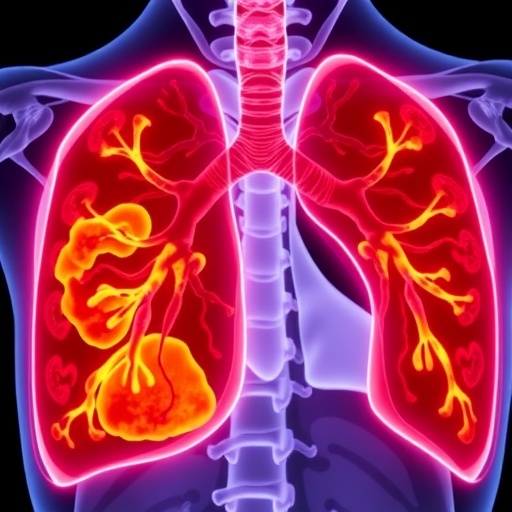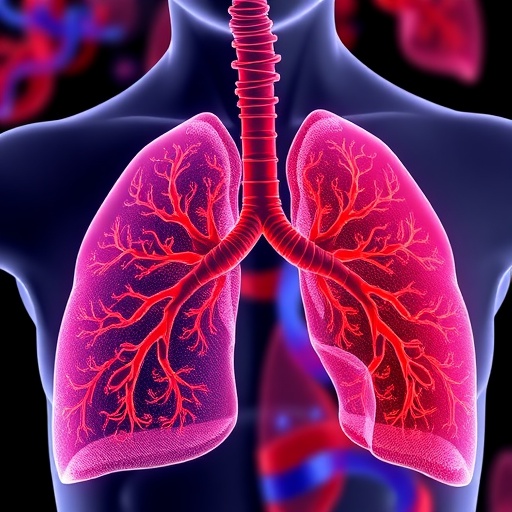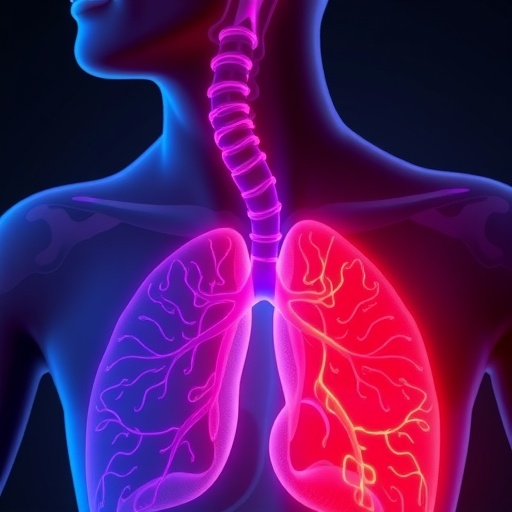PROTECT YOUR DNA WITH QUANTUM TECHNOLOGY
Orgo-Life the new way to the future Advertising by AdpathwayThe integration of ethics in nursing education has long been a focal point for educators and healthcare professionals alike. A recent study highlights a transformative approach to enhancing moral sensitivity and judgment among nursing students through debate-based education. As health care environments continuously evolve, the need for ethically grounded practitioners becomes paramount, and this innovative method promises significant advancements in nursing ethics education.
At its core, the study, spearheaded by Sharifabad and colleagues, introduces a unique framework within the nursing curriculum that not only encourages critical thinking but also promotes a deeper understanding of ethical dilemmas faced by practitioners. This debate-centric methodology provides students with necessary skills to articulate, argue, and navigate complex ethical situations, which are commonplace in their professional environments.
Engaging in structured debates allows nursing students to explore various perspectives on ethical issues. For instance, topics may range from patient autonomy, end-of-life decisions, to the distribution of limited health resources. This active learning strategy empowers students by immersing them in real-time discussions, thereby cultivating an environment where moral reasoning is honed through peer interaction and intellectual challenge.
Furthermore, the psychological aspects of moral sensitivity are explored through debate, as students are encouraged to step into the shoes of various stakeholders. This empathetic approach not only fosters a deeper understanding of patients’ experiences but also enhances the ability to engage with the ethical dimensions of clinical practice. The outcomes of such educational methods are profound, leading to better-prepared nursing professionals who are equipped to face the moral complexities of their roles.
The study found that students exposed to debate-based learning exhibited improved moral sensitivity and judgment compared to their peers following traditional education models. This quantitative evidence underscores the efficacy of debates as a pedagogical tool in nursing programs. It also raises crucial questions about how nursing education can be adapted to meet the challenges posed by modern healthcare demands.
Additionally, the findings suggest that moral development is not merely an ancillary benefit of nursing education, but rather a fundamental component of professional nursing identity. Effective ethical decision-making is critical not just for individual nurse-patient relationships but also for the integrity of the healthcare system as a whole. The implications are significant; if the next generation of nurses is equipped with enhanced moral reasoning, the quality of patient care is likely to improve substantially.
Crucially, the authors emphasize the role of faculty in facilitating such debates. Teachers must foster an environment of respect and open-mindedness to ensure all students feel comfortable expressing their opinions and exploring their moral beliefs. The study advocates for a shift in teaching methodologies towards more interactive and student-centered learning experiences which can effectively equip nursing students with essential tools for facing ethical dilemmas head-on.
Moreover, the research also encourages the incorporation of interdisciplinary approaches. Engaging health policy experts, ethicists, and even patients in debates can broaden the scope and relevance of ethical discussions within nursing education. Such collaborations could bridge gaps between theoretical ethics and the pragmatic realities faced by nursing professionals in clinical settings.
Technology also plays a critical role in this educational reform. With the availability of online platforms, nursing programs can harness digital tools to facilitate debates beyond the classroom. This accessibility can encourage wider participation and create a collaborative global learning atmosphere, where students can learn from diverse viewpoints and cultural contexts that enrich ethical understanding.
The study calls for an expansion of similar research to investigate the long-term effects of debate-based learning on clinical practice. Understanding how enhanced moral sensitivity translates into real-world nursing scenarios will be vital for developing best practices in nursing education. This insight could lead to further refining curricula and ensuring that graduates are well-prepared to advocate for their patients’ needs.
As the field of nursing continues to grapple with ethical challenges, this innovative approach provides a promising avenue for enhancing moral education. The blend of dialogue, critical thinking, and ethical discourse within a debate framework equips nursing students with a multifaceted understanding of moral issues, preparing them for unpredictable challenges in their careers.
Ultimately, as we navigate the complexities of healthcare, the integration of debate-based education represents a significant stride towards cultivating ethically aware and sensitive nursing professionals. The implications for patient care, healthcare systems, and professional ethics are profound, solidifying the importance of moral education in shaping the future of nursing.
In conclusion, this study illuminates the vital role of innovative teaching strategies in nursing education. By fostering an environment conducive to moral reasoning through debate, we can equip future nurses with the skills necessary to navigate the ethical landscapes of modern healthcare. As nursing education evolves, the adoption of such practices will be instrumental in cultivating a generation of healthcare professionals who are not only knowledgeable but also morally adept.
Subject of Research: The impact of debate-based nursing ethics education on moral sensitivity and judgment in nursing students.
Article Title: The effect of debate-based nursing ethics education on the moral sensitivity and judgment of nursing students.
Article References:
Sharifabad, H.H., Heydari, S., Ranjbar, S. et al. The effect of debate-based nursing ethics education on the moral sensitivity and judgment of nursing students.
BMC Nurs 24, 1145 (2025). https://doi.org/10.1186/s12912-025-03795-2
Image Credits: AI Generated
DOI: 10.1186/s12912-025-03795-2
Keywords: Nursing education, ethics, moral sensitivity, debate, critical thinking, healthcare, ethical decision-making, professional development.
Tags: active learning strategies in nursingcritical thinking in healthcaredebate-based learning in nursingend-of-life decision-making in nursingethical decision-making skillsethical dilemmas in nursing practicehealthcare resource distribution ethicsmoral judgment in nursingmoral sensitivity in healthcarenursing ethics educationpatient autonomy discussionspeer interaction in ethics education


 7 hours ago
14
7 hours ago
14





















 English (US) ·
English (US) ·  French (CA) ·
French (CA) ·